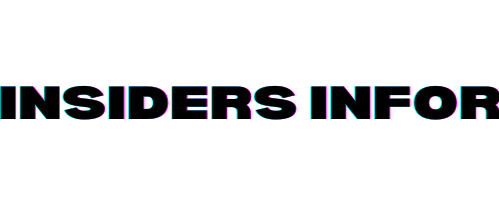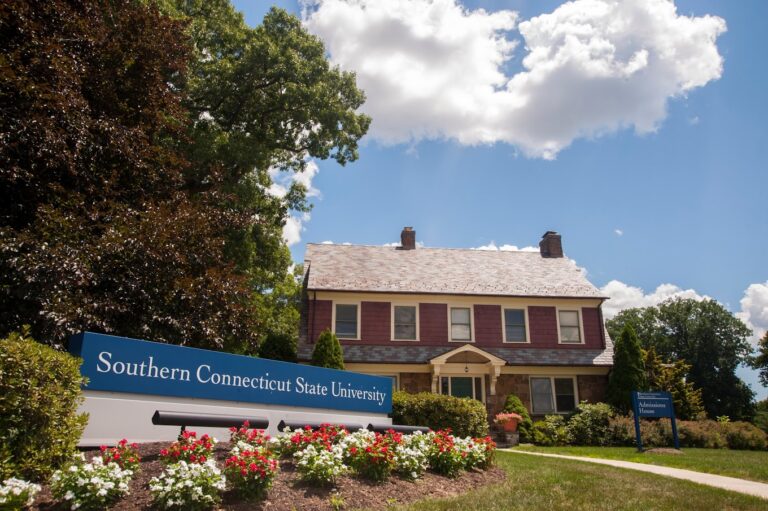Does the University of Washington Medical School do closed-file interviews?
When applying to medical school, understanding the interview process at your chosen institution is crucial. The University of Washington Medical School (UW) is one of the most prestigious institutions for medical education in the country, and unsurprisingly, gaining admission is competitive. A key component of their application process is the interview. But what exactly does the interview process look like? Does the University of Washington Medical School do closed-file interviews?
This blog will guide medical school applicants through the different interview formats, focusing on closed-file interviews and how UW handles its admissions process. By the end, you’ll not only know the answer but also gain valuable tips on preparing for interviews successfully.
Understanding Medical School Interviews

Medical school interviews are often seen as the final hurdle in the admissions process—and rightly so. By the time you’re offered an interview, the admissions committee already sees potential in your application. This stage is primarily about showcasing your personality, communication skills, and aligning your values with the mission of the school.
Types of Medical School Interviews
Medical school interviews typically fall into one of two categories:
- Open-File Interviews
The interviewer has full access to your application, including your grades, test scores, work experience, and personal statement. They may use this information to ask detailed, targeted questions.
- Closed-File Interviews
The interviewer has little to no prior knowledge of your application. This format evaluates your communication skills, personality, and critical thinking abilities without preconceived notions based on your academic record.
Each style comes with its advantages and challenges, but the approach chosen by a school can significantly shape how interviews feel for the applicant.
What Are Closed-File Interviews?
A closed-file interview is a type of admissions interview where the interviewer knows very little about the candidate beforehand. They may only have the most basic information, such as your name, or even come into the conversation completely blind.
Structure of Closed-File Interviews
This format typically starts with generic questions aimed at learning more about you as a person, such as:
- “Why do you want to become a doctor?”
- “What do you consider your strengths and weaknesses?”
From there, it may transition into situational or ethical questions to test your problem-solving abilities.
Why Schools Use Closed-File Interviews
Closed-file interviews are designed to create a level playing field by focusing on your interpersonal skills and potential rather than prior academic achievements.
Benefits of Closed-File Interviews
Many applicants appreciate closed-file interviews because they feel more personal and less like an interrogation of their academic history.
- Unbiased Evaluation
Without access to grades or test scores, interviewers concentrate on who you are, rather than what you’ve accomplished on paper.
- Focus on Personality
This format allows candidates to demonstrate their personality, emotional intelligence, and potential as future doctors.
- Highlights Communication Skills
Closed-file interviews emphasize your ability to communicate clearly and effectively—an essential skill for medical professionals.
Challenges of Closed-File Interviews

While closed-file interviews can be beneficial, they aren’t without their hurdles.
- Lack of Context for Evaluators
Interviewers must judge you based solely on the interaction, making it harder to connect your experiences and achievements to your responses.
- Added Pressure on Candidates
With no prepared context, it’s up to you to bring your experiences into the conversation naturally and comprehensively.
- Uncertain Focus Areas
Since interviewers don’t have access to your application, the questions may range widely, requiring you to think on your feet more than in an open-file setting.
ALSO READ:
The University of Washington Medical School Admissions Process
The University of Washington Medical School emphasizes a rigorous yet supportive selection process designed to find students who align with their mission to serve diverse communities.
Overview of Application Stages
- Primary Application
Submit through the American Medical College Application Service (AMCAS).
- Secondary Application
Complete supplemental materials specific to UW, focusing on your motivations and alignment with their mission.
- Interview Stage
Selected candidates are invited to interview as the final stage before admissions decisions are made.
Role of Interviews in Admissions Decisions
At UW, interviews are a critical component. They help distinguish candidates who not only excel academically but also possess maturity, empathy, and the interpersonal skills necessary for a medical career.
Why the Interview Format Matters
The interview format influences how candidates prepare and perform. For example, an open-file interview might focus on elaborating past experiences, whereas closed-file interviews require candidates to present their qualities more holistically.
Does the University of Washington Medical School do closed-file interviews

The University of Washington Medical School uses a hybrid approach of open-file and closed-file formats. Typically, the Multiple Mini Interview (MMI) format is employed. Here, you’ll rotate through stations or scenarios designed to evaluate specific skills like ethical reasoning, collaboration, and quick thinking.
While some stations operate like closed-file interviews—focusing on your responses without prior context—others may incorporate open-file elements.
How the University of Washington’s Process Stands Out
UW is known for tailoring its interview process to assess not just clinical knowledge but also empathy, adaptability, and commitment to service in underserved communities. They aim to find candidates who align with their mission of improving healthcare access for all.
How to Prepare for Closed-File Interviews
Preparation is essential for performing well in closed-file interviews. Here are some actionable tips to get you ready:
General Tips
- Practice With Mock Interviews
Simulate the interview experience with friends, family, or an advisor.
- Research the School
Understand UW’s mission and how you can demonstrate alignment with their values.
- Review Common Questions
While closed-file interviews are unpredictable, familiarizing yourself with common questions is still helpful.
Mastering Communication Skills
- Speak clearly and confidently.
- Maintain good body language—appear engaged and attentive.
- Practice active listening before responding to questions.
Understanding Behavioral and Situational Questions
For situational questions, use the STAR method. Describe the Situation, explain your Task, detail the Action you took, and share the Result. This framework ensures comprehensive and concise answers.
Insights From Students and Alumni
UW alumni frequently praise the fairness of the school’s interview process, highlighting its emphasis on assessing candidates holistically.
Here’s what one student said:
“The MMI felt less like an exam and more like a conversation. It was a great way to show who I am beyond my grades.”
Engage with current students and alumni whenever possible—they can offer invaluable insights.
Common Myths About Medical School Interviews
“Closed-File Interviews Are Easier”
Not necessarily! Each format comes with unique challenges, and performing well requires preparation.
“You Can’t Stand Out in a Closed-File Interview”
Your personality and communication skills can make a lasting impression, even if your academic achievements aren’t discussed.
“Professional Background Doesn’t Matter”
Every piece of your experience matters—it’s up to you to tie it into the conversation.
FAQs About UW’s Interview Process
Q: How many interviews do UW applicants receive?
A: Typically, one interview session comprised of MMIs.
Q: Is the interview process collaborative or competitive?
A: UW promotes a collaborative environment focused on evaluating you as a person, not comparing you to others.
Q: Can I review my application before the interview?
A: Yes! Reviewing your application ensures you’re ready to provide additional context during open-file components.
Conclusion: Preparing for Success at UW Medical School

Whether closed-file, open-file, or a hybrid format, interviews are a golden opportunity to showcase who you are. Understanding UW’s process, staying true to yourself, and practicing key skills will position you for success.
Interested in firsthand guidance for preparing for medical school interviews? Reach out to our team or explore our interview prep resources to boost your confidence and readiness.







